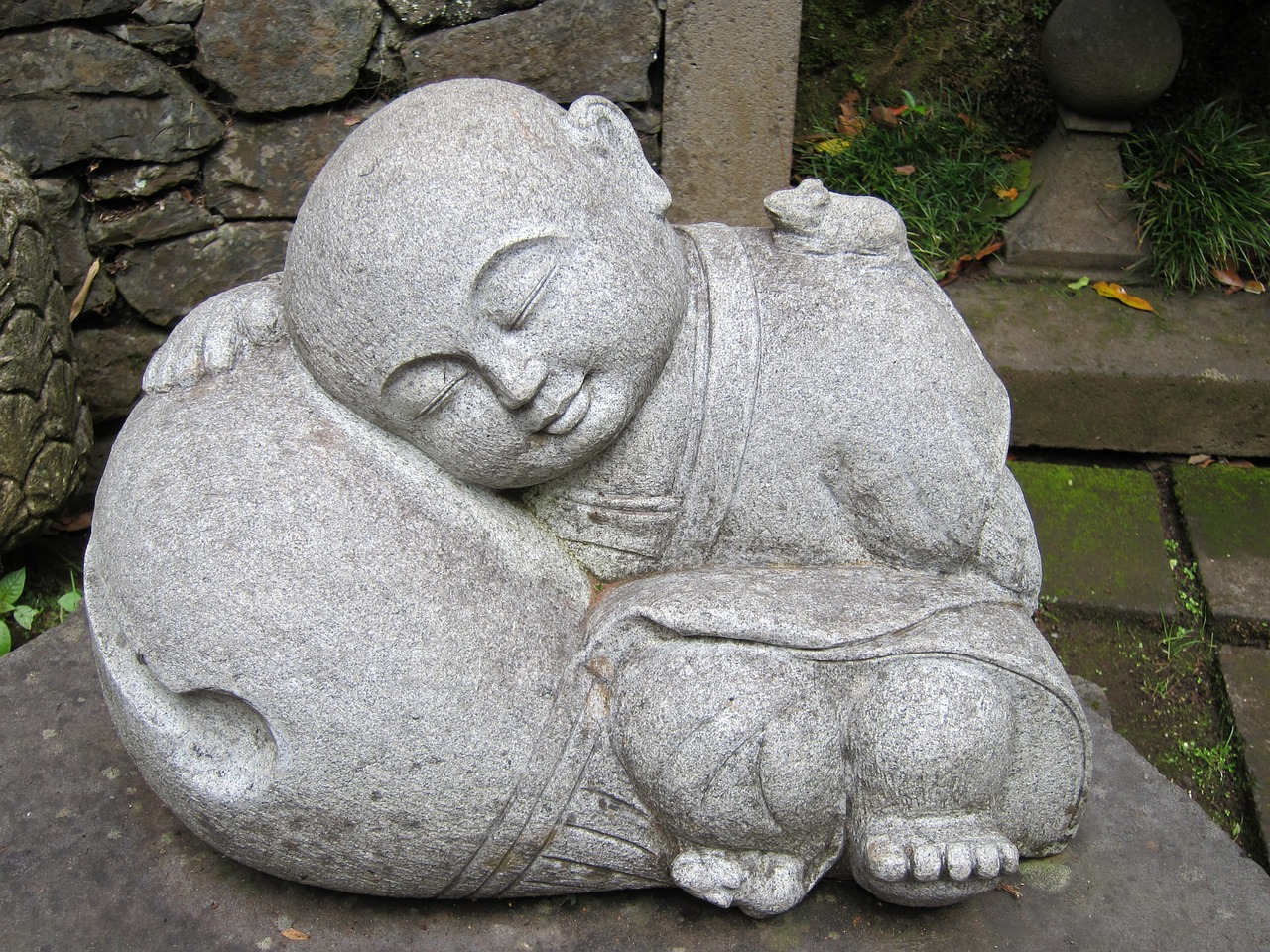Dear AAPAAN,
How can I balance school while working part-time and get enough sleep when the stress continues to build up inside of me?
– Michael
Michael sent us a personal video on this topic which you can view below:
Dear Michael,
When I was in college, I thought one of the secrets to test-taking success was to cram as much as possible the night before the exam. According to my (younger) self, I thought I’d score better if I could use every waking minute to study – even if it meant taking heavy doses of coffee or Red Bull to ward off sleep. As I look back now, I’m sure I took half of my final exams in sleep-deprived, coma-like state.

With the benefit of hindsight and a few other life experiences, I’ve realized that the cramming strategy is exactly wrong. When my own daughter left for college, I told her that my two secret weapons for college success was sitting in front of the classroom (so that you were forced to pay attention) and regular sleep. By regular sleep, I mean going to bed and waking at a set time every day and getting whatever amount of sleep is needed to be healthy and functional, which can vary from person to person.
Why is regular sleep important? I think that going to bed and waking at a set time forces a person to schedule his or her life (and to keep to that schedule) and to prioritize how a person uses his or her time. For example, if you are trying to balance school and a part-time job, you will need to schedule your day, so as that you can meet your work obligations, while using the remaining time to keep up with your studies.
Prioritizing your time will mean that certain activities may fall out: checking out the latest cat video on YouTube, seeing the guest on the Late Late Show, or just loafing around with your roommates. While those things are fun and can be productive uses of your time (and some may prioritize YouTube viewing over school work!), you should not lose sleep over them. If you want to occasionally indulge in late night activities, go ahead and have fun, but make sure you’ve gotten ahead on your work, so you can afford to sleep late the next day.

Of course, life always intrudes and there will be occasions when you are forced to lose some sleep – life emergencies, work projects, and, of course, babies. (Trust me: the level of sleep deprivation during Exam Week pales in comparison to having infants!) But the key is to plan ahead and accomplish as much as you can during the day – without disrupting your regular sleep patterns.
Steinbeck had one of the great quotes ever about the value of sleep: “It is a common experience that a problem difficult at night is resolved in the morning after the committee of sleep has worked on it.”
Hope this helped. (And go to bed!)
Curtis
********************
Dear Michael
I’m not trained on this subject so I looked up “Why You Need Sleep?” The following is from the Johns Hopkins site.
“If you have ever felt foggy after a poor night’s sleep, it won’t surprise you that sleep significantly impacts brain function. First, a healthy amount of sleep is vital for “brain plasticity,” or the brain’s ability to adapt to input. If we sleep too little, we become unable to process what we’ve learned during the day and we have more trouble remembering it in the future. Researchers also believe that sleep may promote the removal of waste products from brain cells—something that seems to occur less efficiently when the brain is awake.
Sleep is vital to the rest of the body too. When people don’t get enough sleep, their health risks rise. Symptoms of depression, seizures, high blood pressure and migraines worsen. Immunity is compromised, increasing the likelihood of illness and infection. Sleep also plays a role in metabolism: Even one night of missed sleep can create a prediabetic state in an otherwise healthy person.”
So, you are right. There’s a direct relationship between getting enough sleep and mental (and physical) health. But everyone seems to have a different need for sleep. I’ve read that some highly successful people claimed to need only 3 hours per night. More power to them. I would be a zombie if I try to do that. My rule of thumb is; if you can’t concentrate because you are too tired, then, shut now. Putting in more time when you cannot concentrate is counterproductive. You will get more stressed and get worse results. You have to know your own personal limits, and prioritize your school and work within those limits. When you are too tired, maybe taking short naps might help. I read that when you are asleep your brain continues to work. It sets memory and makes connections to that problem you’ve been working all day.
My mother told me a traditional Chinese story about the hard working scholar. A scholar set a candle by his chin while he was studying through the night. If he fell asleep, his nodding head would fall and he would be woken by the flame burning his skin. That’s the classic parable about the devoted Asian scholar. Many “Tiger Moms” and “Wolf Dads” buy into this idea. They believe it’s only a matter of working harder that will get you into Harvard (or any number of top named schools). Not everyone has the abilities. Some deficiencies cannot be overcome by more hours. Secondly, not everyone responds to pressure the same way. Undoubtedly, some will be able to step up their game under pressure but many will buckle and do worse. It’s tough when you are at the receiving end of this pressure. Keep this in mind when it’s your turn to raise children.

In many Asian countries a person’s future is set by getting into the “right” school. I recently came back from Japan and I saw the tremendous pressure the high school graduate is under while cramming for the all important college exam. In such countries, the culling of people who go to the top of government or business occurs at college entrance. If you made it to Tokyo U or Beijing U, then you’re likely set for life. From this perspective, one can understand why Asian parents are paranoid about their children getting into the top most schools.
In the US, the culling happens on the job during the early years as you establish your professional reputation. To be sure, getting a degree from the top named US schools will get you an early advantage and open many doors. But it’s not a guarantee to the top. The US system is “relatively” more meritorious and more forgiving for late bloomers. There are many very successful people who didn’t go to the top named schools.
So you didn’t get into Harvard and your parents cannot brag about you to their Relatives and friends. So what? Relax. Your future is still open and you can succeed. Work smart and work hard but be sure to get enough rest.
Wee

